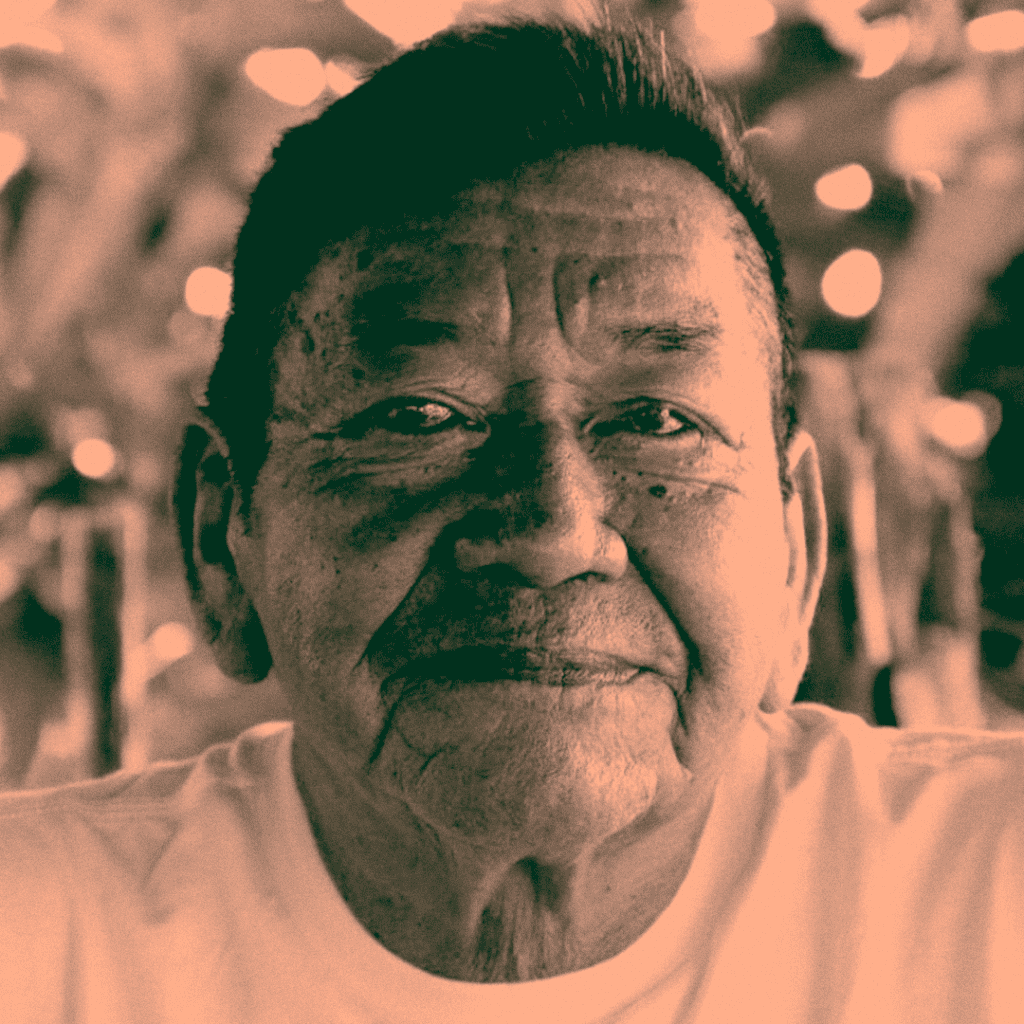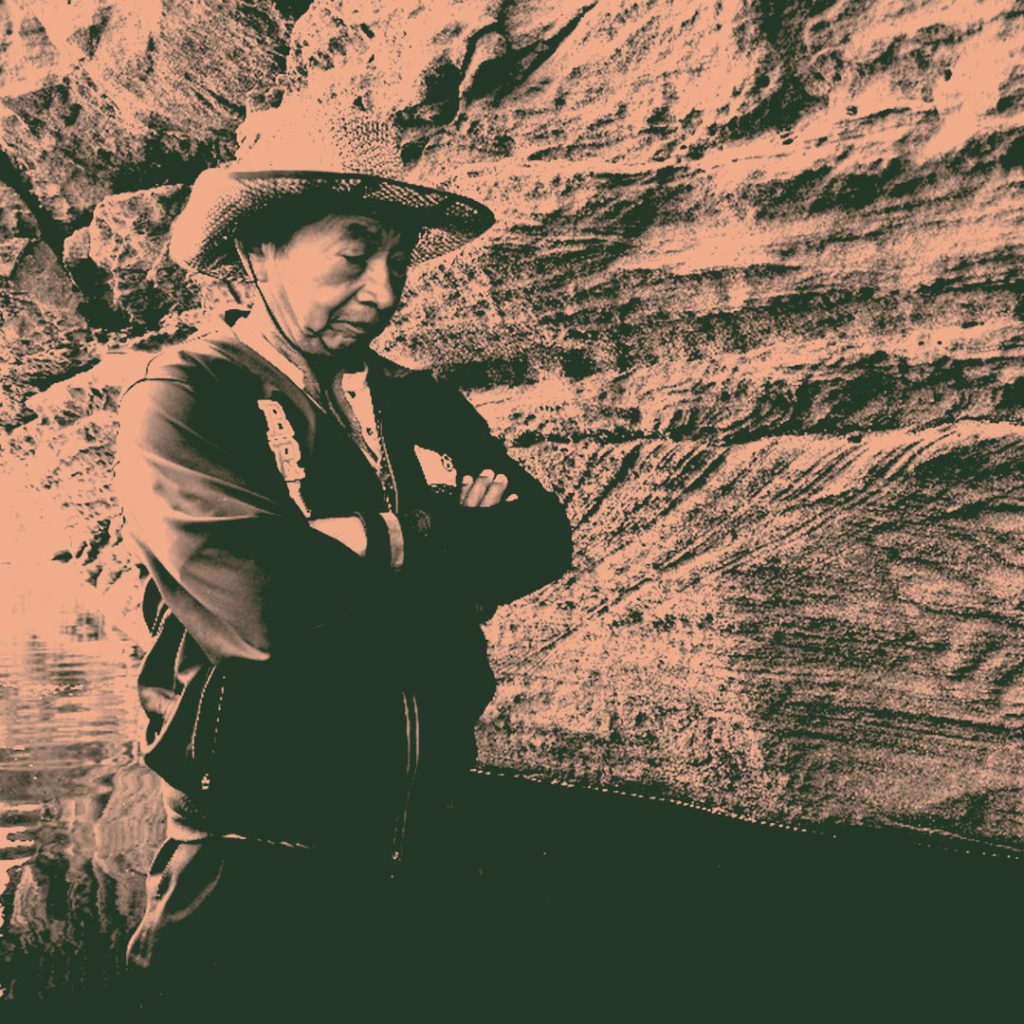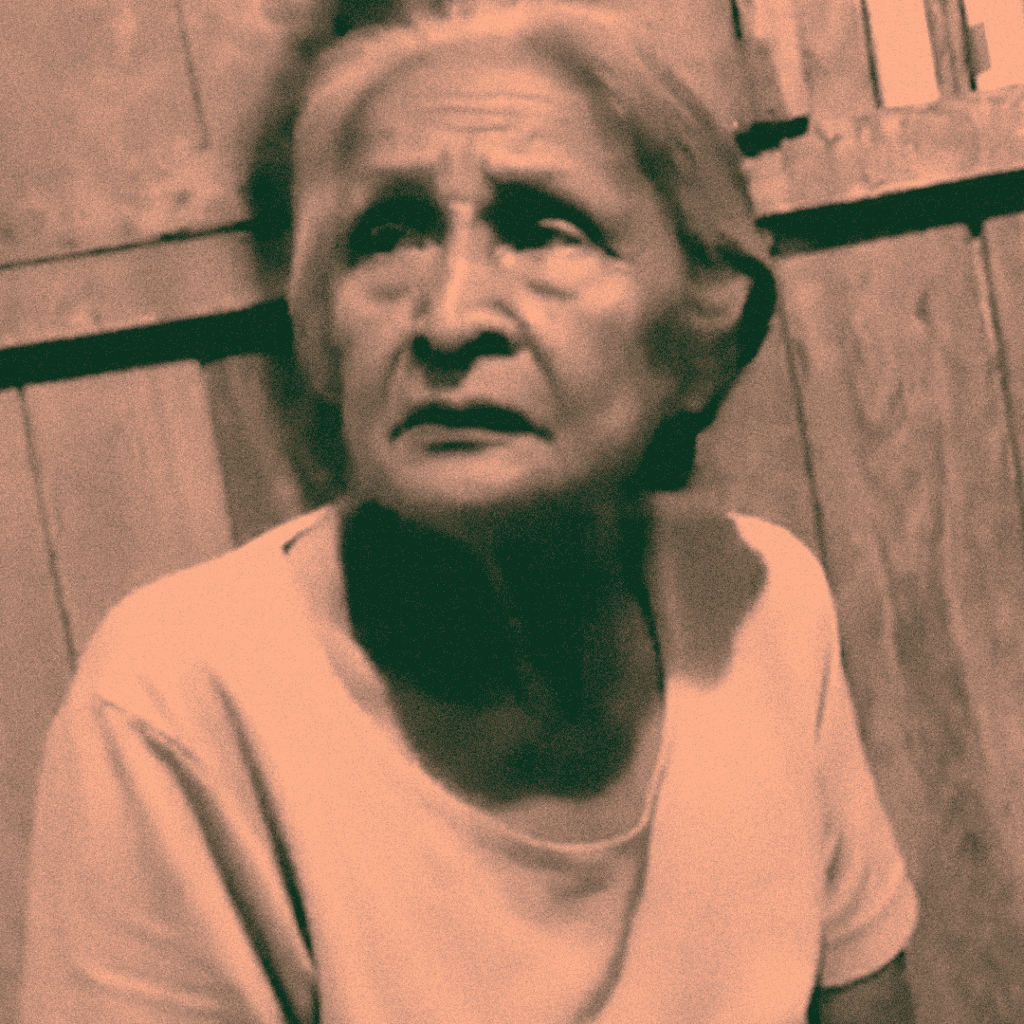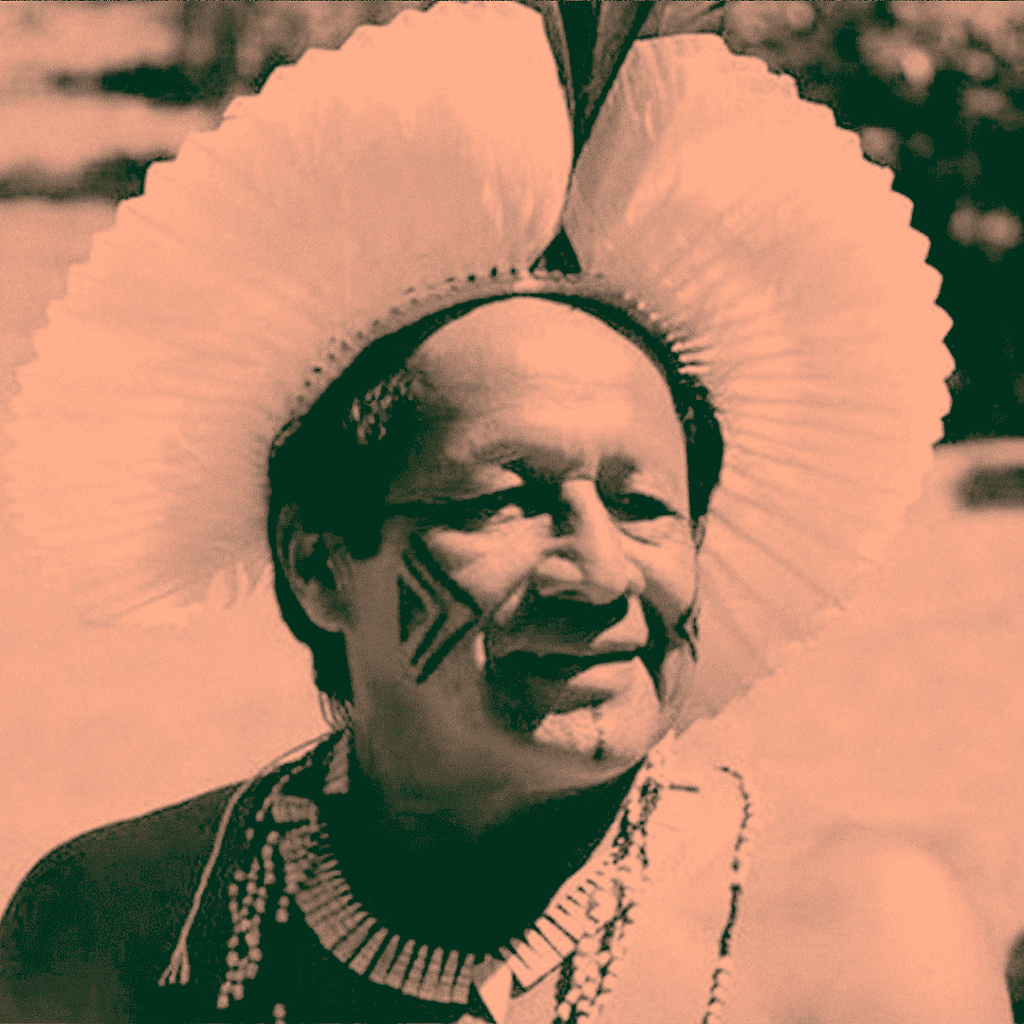Homage
Nhe’éry, the Atlantic Forest, teaches us that in death there is something to be preserved, a way of communicating that creates bonds between generations, and that creates life.
Unlike previous editions, the 19th FLIP will pay tribute to thinkers, knowledge-holders and indigenous masters who had their lives interrupted by Covid-19.
“People from various forests in Brazil, people who are disciples of plants.”, in the words of our curatorial collective. People who are dedicated to learning how to converse with the forest, people who have imagined ways of life in which man and nature can occupy the same territory.

Zé Yté was the guardian of knowledge of the Kayapó and a central contributor to the most important studies on the tribe’s ethnobiology. From this work, he was able to illuminate the role of local knowledge in forest conservation, fostering political awareness in defense of environmental agendas in the Amazon.
(Photo: Ádria Reis / Memorial Vagalumes)

Sibé Feliciano Lana is from the village of São João Batista, on the Tiquié River. He was a plastic artist and writer for the Desana people. His work, which illustrates scenes from the Desana mythology, was exhibited in several countries.
(Photo: Juliana Radler / Memorial Vagalumes)

Higino Tenório was born in the São Pedro village, on the Tiquié River. He was a writer, healer, specialist in rock art, teacher and founder of the first indigenous school of the Tuyuka people.
(Photo: Tellus Magazine)

Maria de Lurdes Brandão was the guardian of the healing plants of the Mura people. She lived with her extensive herbarium in Nazareth, on the banks of the Madeira River. Her garden was part of a long tradition of Amazonian women, those who take care of plants and then take care of people.
(Photo: Márcia Mura / Memorial Vagalumes)

Meriná, master of healing rituals and blessings of the Macuxi people, left us at the age of 75, but leaves behind six children and fifteen grandchildren, a legacy of struggle for those who live in the Raposa do Sol Indigenous Territory, and her teachings, reproduced in part in the book “Cantos e Encantos”.
(Photo: Jaider Esbell / Memorial Vagalumes)

Alípio Xinuli Irantxe, flute master of the Manoki people, dedicated “his many lives” to preserving the culture of his people. His legacy of bravery is symbolized by the fight against the measles pandemic that nearly extinguished his people.
(Photo: Memorial Vagalumes)

Domingos Venite was chief of the largest indigenous land in the state of Rio de Janeiro. The legacy of his leadership of the Guarani Mbyá is immense, such as the struggle in the demarcation process of the Guarani do Bracuhy Indigenous Land, and the militancy for new indigenous health policies. (Photo: Personal Archive of Niltinho Júdice/Memorial Vagalumes)
(Photo: Memorial Vagalumes)
Through these names, Flip also pays homage to all victims of the pandemic, including people of other wisdom and narratives such as Nelson Sargento, Aldir Blanc and Zé de Paizinho (master of the samba de aboio from Sergipe), or poets Olga Savary and Maria Lúcia Alvim, the writer Vicente Cecim and the fictionist Sérgio Sant’Anna.
There are many stories interrupted by the pandemic that need to be remembered from each of the roots that thrived in arid terrain. For more homages, visit the Vagalumes Memorial.
